Have you ever tried checking out a Japanese book and been attracted by kanji?
One day, I spotted a kanji calligraphy hanging on the wall in an American couple’s living room, and it really got me thinking.
Japanese is like a beautiful quilt, stitched together with different elements. Kanji and hiragana are the main pieces, and katakana pops in now and then to spice things up with foreign words.
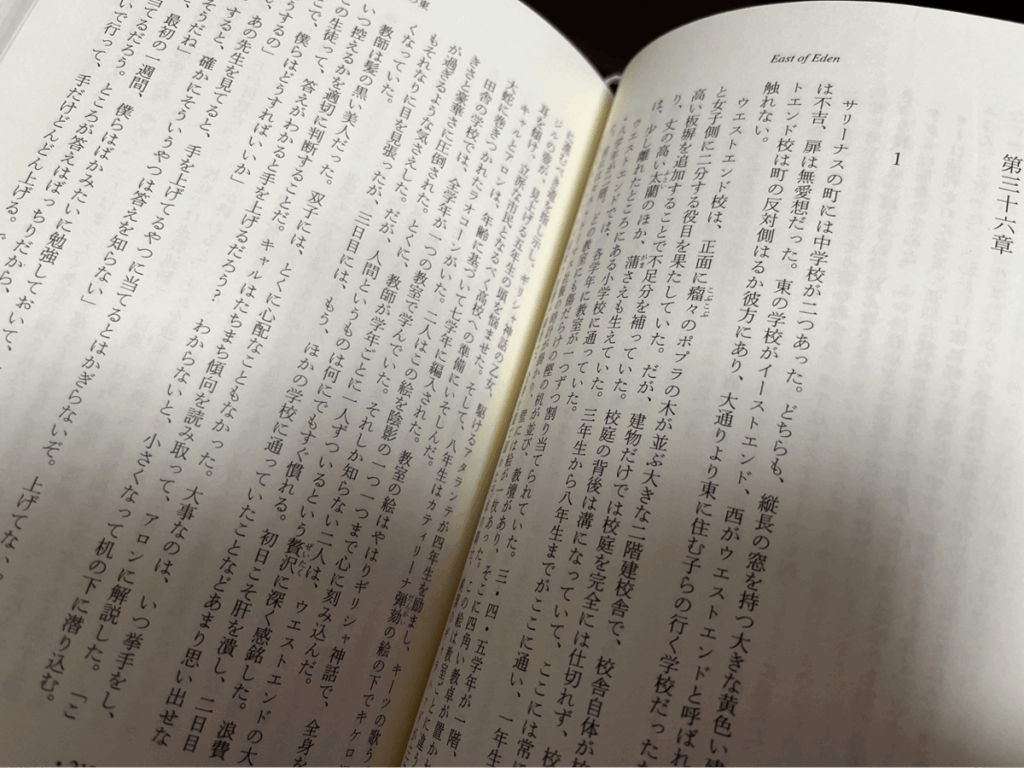
Isn’t it kind of mind-blowing when you think about how Japanese came together?
Kanji is super special because each character has its own meaning. If you know what a kanji means, you can pretty much figure out what’s going on—even on a full page of Japanese writing. Pretty cool, right?
Recently, I’ve learned that English personal names also have meanings. Here’s the real deal: names. Japanese names are packed with love and meaning and tell the stories of the people they belong to. Let me share a story about a family whose names mean the world to them.

It all started in late February, just as spring was waking up. A baby girl was born into a family dealing with a lot of sadness—the family had lost their mother the summer before. The baby’s father, Tomika (富嘉), felt like the baby was his mother’s reincarnation. He wanted to bring some joy back into their lives, so he gave her the name Takako (多佳子), which means “a kid with a lot of fortune.” FYI, let’s break down Tomika’s name. 富 (tomi) is all about wealth and happiness—it doesn’t just mention money, but a rich spirit. 嘉 (ka) means blessings and good vibes. His name is like a wish for a bright and joyful life.

Takako grew up and married Takeshi (岳志). His name is strong and steady. 岳 (take) means mountain, and 志 (shi) is all about ambition. Takeshi is the seventh son in his family, but instead of being named something like “Seven Son” or “Nanano (七男),” his parents gave him a name that really stands out. Though, honestly, even “Lucky Seven” could’ve worked, right?

Takako and Takeshi had their first kid, Yukiko (由紀子), on the first snowy day of the season. Her name is super meaningful, too. 由 (yu) stands for freedom, and 紀 (ki) is about connecting important moments. Yukiko grew up and married Yoshinori (義徳), whose name is all about integrity and a kind heart. They both have a huge love for nature and living things.

Takako and Takeshi had their second child, Satoshi (智志), a name that means all brains and ambition. 智 (sato) is wisdom, and 志 (shi) is strong will. He met Asuka (明香), whose name means spreading a pleasant fragrance, and together, they made a life full of kindness and love.

Later, Takako became a grandma! She has two grandsons: Kaishi (櫂志), whose name means rowing forward with his own strength, and Keishi (桂志), whose name symbolizes emitting a pleasant fragrance and being gentle.

Here’s something to share with you.
Have you heard of The Three Musketeers?
In Japanese, we have a special play on the term ‘The Three Musketeers,’ which we call San Jushi (三銃士).

The word Jushi translates to ‘musketeers’ or ‘warriors,’ and I reimagined it as Yon Jushi (四銃士), meaning ‘The Four Musketeers.’ This change is inspired by the kanji 志 (shi), which means ambition or willpower, and it represents the men in my family.
Each of their names includes the character 志 (shi), reflecting strength, unity, and determination. To Takako, they are like her protectors—her own team of brave and steadfast soldiers. Calling them ‘The Four Musketeers’ is her way of celebrating their bond and the shared meaning in their names. It’s a playful yet profound adaptation, connecting her family’s unique story to a universally recognized theme of heroism and camaraderie.
Thanks for sticking with me till the end. I have a suggestion. Why don’t you try adding your name in kanji?
# Koban(Police Box) is my first article for How To Japan.
# ORIGAMI JOURNEY the second article for How To Japan.
I live in Saitama, Japan. My nearest station is in a very convenient area with many people who commute to the Tokyo area, and it takes 20 minutes to Shinjuku from my place. I like dancing, plants, flowers and nature. As I have two children who live in Okinawa and the U.S. I’m so grateful they share their lives with us.

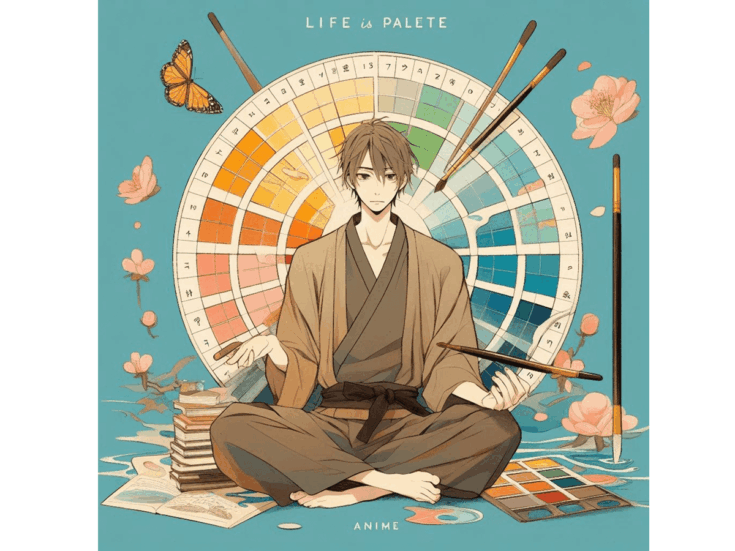
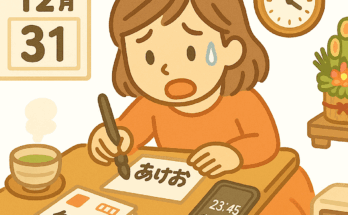
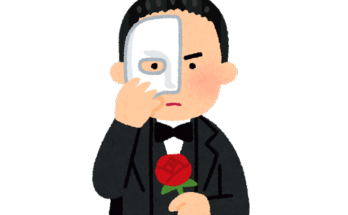
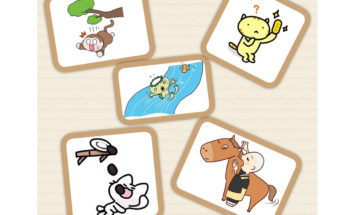
 HTJ has a YouTube page! Check it out
HTJ has a YouTube page! Check it out
Hi, Takako-san!
Thank you for sharing your beautiful story and your family’s names.
Your article really showed the beauty of kanji and the meaning behind Japanese names. I was so touched.